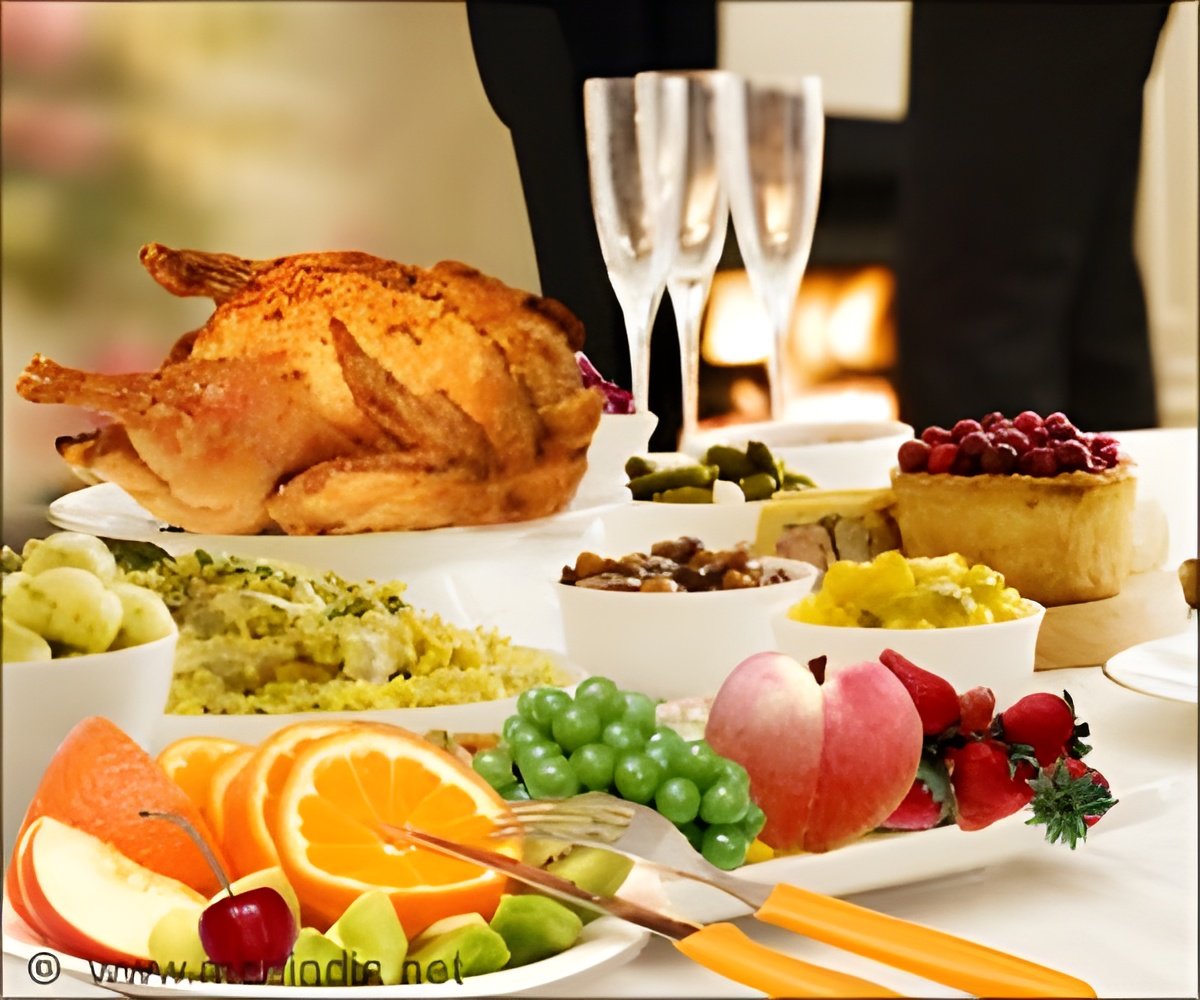A Burgundy winemaker who was against a government order to use pesticides in his organic vineyard said on Monday that he was being treated like a healthy person forced to undergo chemotherapy.

He is charged with refusing to implement an order intended to stop the spread of a bacterial infection.
The threat receded, however, when the public prosecutor requested a fine of 1,000 euros, with half of the total suspended.
The court's verdict will be announced on April 7.
Giboulot has won the backing of green activists, but other local winemakers have denounced their campaign as overblown and potentially damaging for the region's reputation.
The winemaker is being pursued by an arm of the agriculture ministry for not heeding a local directive in Burgundy's Cote d'Or area to regularly treat vines against a leaf-hopping insect that causes an infectious disease called "flavescence doree".
Advertisement
"Would we give chemotherapy to someone as a preventative measure against a potential future cancer?" he asked.
Advertisement
Up to 400 environmentalists and supporters held a picnic outside the court to express solidarity with Giboulot.
Enjoying the sounds of an accordion and a glass of champagne, they held banners reading "Emmanuel Giboulot is an honest citizen" and "Pesticides = death".
- Deadly, contagious disease -
Flavescence doree first appeared in 1949 in France's southwestern Armagnac region. It then spread steadily to areas including Cognac, Languedoc, northern and southern Rhone, the Loire Valley and Bordeaux.
There is no cure for the bacterial infection, which can kill young vines and greatly reduce the productivity of older ones.
After the discovery of the disease in Burgundy's Beaune region, the local administration last June ordered all vineyard owners in the Cote d'Or area to treat their vineyards with pesticides.
But Giboulot has doggedly defied the order and shunned pesticides on the 10 hectares (24 acres) of vineyards he owns, an estate which includes parcels in the prestigious Haute-Cote de Nuits.
He argues that the order would destroy the work of his father, who converted to biodynamic farming in the 1970s.
Giboulot was prosecuted after a check by local agricultural authorities in July.
Environmentalists argue that instead of ordering the sweeping use of pesticides, local authorities should only monitor the disease, uproot affected vines and limit the mandatory use of pesticides to the areas under threat.
Local officials insist Giboulot is not being persecuted and that the step is vital to save vineyards across the region.
"All vines must be treated by everyone for the treatment to work," Olivier Lapotre, the head of the local food department, said before the trial.
"It's a deadly disease for vines and very contagious and it's because of this that such measures are obligatory," he said.
Claude Chevalier, the head of the Burgundy Wine Board that represents producers, said the case had been overblown and defended the practices of regional winemakers.
"We cannot tolerate the falsehoods being said about what is done in Burgundy. In Burgundy we do not pollute," he said, adding that Giboulot "is not the only person defending nature in Burgundy."
As well as eschewing pesticides, biodynamic winemakers also time sowing, weeding and harvesting with reference to perceived lunar and planetary influences on plant growth.
The method is often mocked for its associations with mysticism but some of the most famous producers swear by an approach that was first developed a century ago.
Source-AFP











